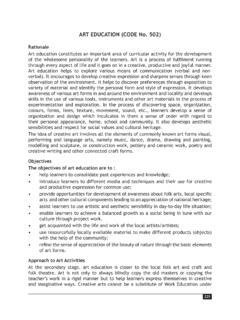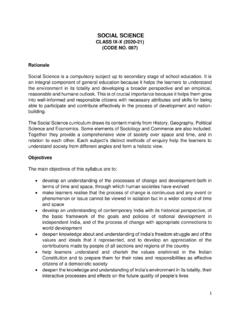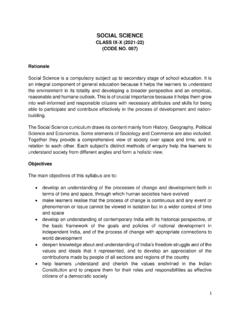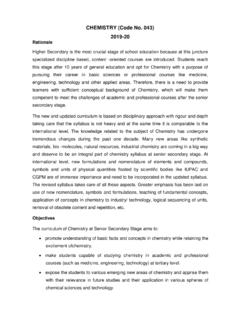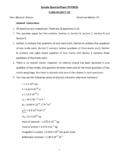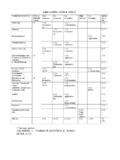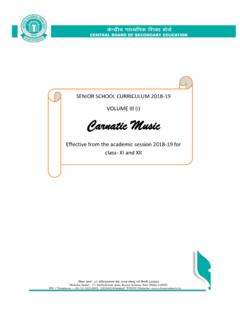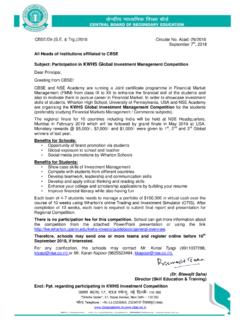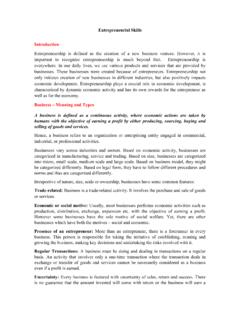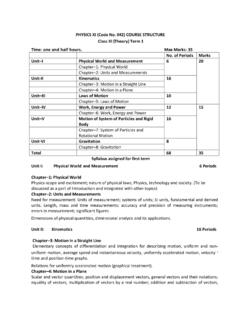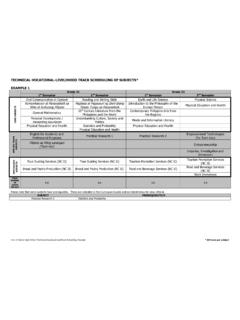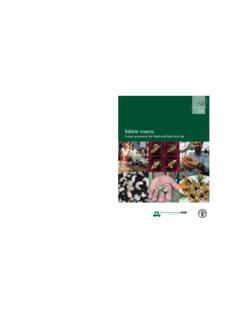Transcription of Employability Skills - Central Board of Secondary Education
1 Employability SkillsTextbook for Class 131-Jan-20 9:46:12 AMFirst EditionFebruary 2020 Magha 1941PD 5T BS National Council of Educational Research and Training, 2020 on 80 GSM paper with NCERT watermarkPublished at the Publication Division by the Secretary, National Council of Educational Research and Training, Sri Aurobindo Marg, New Delhi 110 016 and printed at LPP Print Packaging Pvt. Ltd., 28/1/10, Site-IV, Sahibabad Industrial Area, Sahibabad, District Ghaziabad ( )ISBN 978-93-5292-218-5 Publication TeamHead, Publication : Anup Kumar RajputDivisionChief Editor : Shveta UppalChief Production Officer : Arun ChitkaraChief Business Manager : Bibash Kumar DasEditor : Bijnan SutarProduction Assistant.
2 Rajesh PippalCover and LayoutDTP Cell, Publication DivisionALL RIGHTS RESERVED No part of this publication may be reproduced, stored in a retrieval system or transmitted, in any form or by any means, electronic, mechanical, photocopying, recording or otherwise without the prior permission of the publisher. This book is sold subject to the condition that it shall not, by way of trade, be lent, re-sold, hired out or otherwise disposed off without the publisher s consent, in any form of binding or cover other than that in which it is published. The correct price of this publication is the price printed on this page.
3 Any revised price indicated by a rubber stamp or by a sticker or by any other means is incorrect and should be OF THE PUBLICATION DIVISION, NCERTNCERT CampusSri Aurobindo MargNew Delhi 110 016 Phone : 011-26562708108, 100 Feet Road Hosdakere Halli ExtensionBanashankari III StageBengaluru 560 085 Phone : 080-26725740 Navjivan Trust Ahmedabad 380 014 Phone : 079-27541446 CWC CampusOpp. Dhankal Bus StopPanihatiKolkata 700 114 Phone : 033-25530454 CWC Complex Maligaon Guwahati 781 021 Phone : 231-Jan-20 9:46:12 AMForewordThe National Curriculum Framework 2005 (NCF 2005) recommends bringing work and Education into the domain of the curricular, infusing it in all areas of learning while giving it an identity of its own at relevant stages.
4 It explains that work transforms knowledge into experience and generates important personal and social values such as self-reliance, creativity and cooperation. Through work one learns to find one s place in the society. It is an educational activity with an inherent potential for inclusion. Therefore, an experience of involvement in productive work in an educational setting will make one appreciate the worth of social life and what is valued and appreciated in society. Work involves interaction with material or other people (mostly both), thus creating a deeper comprehension and increased practical knowledge of natural substances and social work and Education , school knowledge can be easily linked to learners life outside the school.
5 This also makes a departure from the legacy of bookish learning and bridges the gap between the school, home, community and the workplace. The NCF 2005 also emphasises on Vocational Education and Training (VET) for all those children who wish to acquire additional Skills and/or seek livelihood through vocational Education after either discontinuing or completing their school Education . VET is expected to provide a preferred and dignified choice rather than a terminal or last-resort option. As a follow-up of this, NCERT has attempted to infuse work across the subject areas and also contributed in the development of the National Skill Qualification Framework (NSQF) for the country, which was notified on 27 December 2013.
6 It is a quality assurance framework that organises all qualifications according to levels of knowledge, Skills and attitude. These levels, graded from one to ten, are defined in terms of learning outcomes, which the learner must possess regardless of whether they are obtained through formal, non-formal or informal learning. The NSQF sets common principles and guidelines for a nationally recognised qualification system covering Schools, Vocational Education and Training Institutions, Technical Education Institutions, Colleges and Universities. It is under this backdrop that Pandit Sunderlal Sharma Central Institute of Vocational Education (PSSCIVE), Bhopal, a constituent of NCERT has developed learning outcomes based modular curricula for the vocational 331-Jan-20 9:46:12 AM(iv)subjects from Classes IX to XII.
7 This has been developed under the Centrally Sponsored Scheme of Vocationalisation of Secondary and Higher Secondary Education of the Ministry of Human Resource Development. This textbook takes care of generic Skills embedded in various job roles in a comprehensive manner and also provides more opportunities and scope for students to engage with these common and necessary Skills , such as communication, critical thinking and decision making in different situations pertaining to different job roles. I acknowledge the contribution of the development team, reviewers and all the institutions and organisations, which have supported in the development of this would welcome suggestions from students, teachers and parents, which would help us to further improve the quality of the material in subsequent senapatyDirectorNew Delhi National Council of EducationalJune 2018 Research and 431-Jan-20 9:46.
8 12 AMAbout the Textbook Employability Skills can be defined as those soft Skills which employers look for in a potential employee. These Skills equip the employees to carry out their role to the best of their ability and client satisfaction. For example, the ability to explain what you mean in a clear and concise way through written and spoken means, helps to build a better relationship with the client or the customer. Similarly, handling stress that comes with deadlines for finishing work and ensuring that you meet the deadlines can be done through effective self-management training. It can also be done by working well with other people from different disciplines, backgrounds, and expertise to accomplish a task or goal.
9 In today s digital age, employers expect that the employees should be able to make use of elementary functions of information and communication technology to retrieve, access, store, produce, present and exchange information in collaborative networks via the Internet. Students need to develop entrepreneurial Skills , so that they can develop necessary knowledge and Skills to start their own business, thus becoming job creators rather than job seekers. Potential employees need to develop green Skills , which are the technical Skills , knowledge, values and attitudes needed in the workforce to develop and support sustainable social, economic and environmental outcomes in business, industry and the community.
10 Thus, as a student you are expected to acquire a range of Skills so that you can meet the skill demands of the organisation that you would work for or to set up and run your own business. This textbook on Employability Skills covers communication, self-management, information and communication technology, entrepreneurial and green Skills . It has been developed as per the learning outcome based curriculum. The Employability Skills are embedded in the Qualification Packs of the different job roles in various sectors under the National Skill Qualification Framework. The textbook aims to provide learning experience through a blended approach of text and video-based interactive e-learning lessons.
